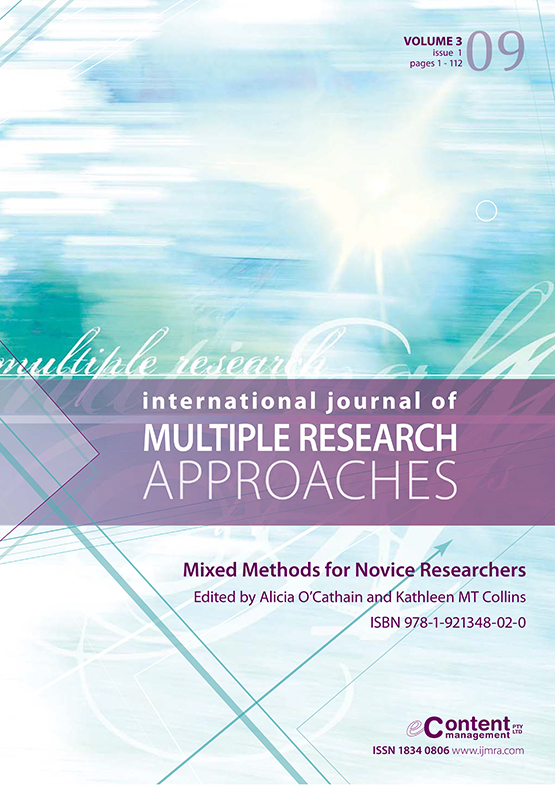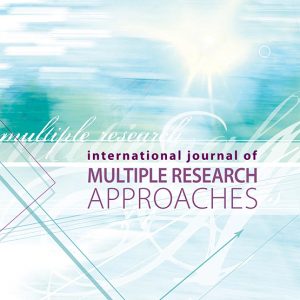3(1).06. Understanding divergence of quantitative and qualitative data (or results) in mixed methods studies
$30.00
Description
Understanding divergence of quantitative and qualitative data (or results) in mixed methods studies
PIERRE PLUYE
Assistant Professor, Department of Family Medicine, McGill University, Montreal QC, Canada
ROLAND M GRAD
Associate Professor, Department of Family Medicine, McGill University, Montreal QC, Canada
ALISSA LEVINE
Research Associate, Faculty of Dentistry, McGill University, Montreal QC, Canada
BELINDA NICOLAU
Assistant Professor, Epidemiology and Biostatistics Unit, Institut national de la recherche scientifique – Institut Armand Frappier, Laval QC, Canada
ABSTRACT
In mixed methods studies, novice researchers need to know that qualitative and quantitative data or results sometimes diverge. However, few studies focus on this aspect of mixed methods research. The present paper aims to review the literature on divergence of qualitative and quantitative evidence, and describe examples. The prior literature reveals four strategies for taking divergence into account: reconciliation, initiation, bracketing and exclusion. Nine examples derived from empirical studies were found, and they are described. Then, a detailed example is given of how divergence was identified and explored in a pilot study of the implementation of one electronic knowledge resource on handheld computer in an academic family medicine clinic. Finally, this worked example is described in the context of a teaching exercise for novice researchers.
Keywords: bracketing, divergence, initiation, mixed methods, quality appraisal, reconciliation, triangulation



